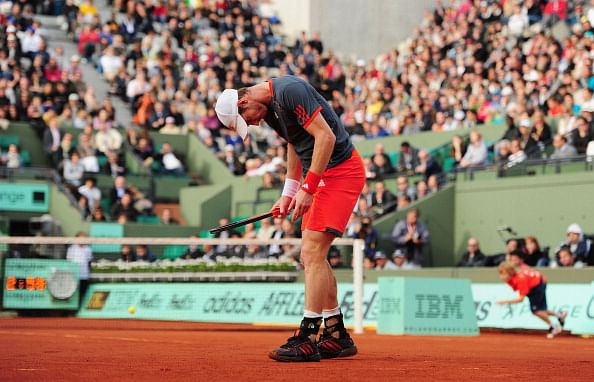Messaging
Aristotle stated that man is a “social animal” and a “linguistic animal.” This conference is so anchored in our perception that it is tough to believe while psychologists declare that ninety% of our communique is not verbal at all.
The which means of this reality is simple – we communicate and transmit many messages, with out uttering a phrase. Chazal (the antique Talmudic sages) stated that lifestyles and dying are in the arms of the tongue, but as soon as we recognise that 90% of our verbal exchange is nonverbal, we have to additionally be aware about the messages we carry in our nonverbal communication and the way they affect the ones round us.
How do athletes get better?
Players learn to skip, kick, shoot, attack, stop, exchange course, near strolling lines and plenty of different talents. As they improve those skills, they come to be better and extra powerful in the game. They improve these abilties for two motives:
Nonverbal communique in sports
If the psychologists aren’t flawed and 90% of our verbal exchange is indeed nonverbal, why not apply the technique of sports activities improvement even when it comes to nonverbal communique? After all, that is a vital ability for the group’s electricity, which also impacts the field for the duration of the sport, at some point of timeouts or breaks, inside the dressing room and in schooling. The use of nonverbal techjazy.com inside the institution takes place at each meeting of the crew players and at some stage in the come upon. The obligation of the players and coaches is likewise, and possibly first and essential, to be aware about themselves and discover ways to talk in a high-quality manner.
Negative body language and group composition
I consider (especially in youngsters and youngsters departments) that a group should let go of a player, irrespective of how exact he is, if he constantly “poisons” the organization atmosphere with a poor frame language. I additionally trust that a coach, regardless of how good he’s, whose frame language regularly expresses terrible messages to his players, shouldn’t teach kids and young adults.
Universal body language
Studies suggest that frame language is a universal language that crosses cultures, genders or bodily barriers. When a blind-born athlete wins a competition, for example, he raises his arms inside the air and appears up – despite the fact that he has in no way visible all of us else specific the sense of joy in triumphing this way. When that blind athlete loses, he pulls himself together, drops his shoulders and places his hands on his face in a gesture of pain. Try to take into account how soccer fans reply to the lack of their crew – it’s right, everybody responds the identical manner and “grabs the pinnacle” with both arms.
The delusion of advantageous frame language
There is a fake myth, claiming that only players with a tremendous frame language walk upright, open their shoulders, look instantly and express their emotions with sharp, full of life movements. This body language, claims the parable, expresses a triumphing mindset and may be visible searching at famous winners which include Michael Jordan, Zlatan Ibrahimovic and Cristiano Ronaldo. These gamers are a model certainly. But not for absolutely everyone.

